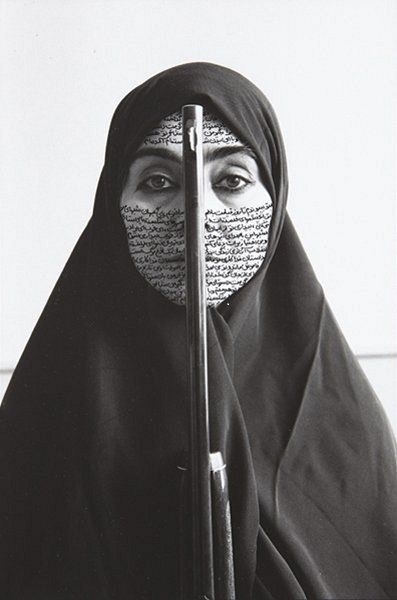United We Stand: A Look Into the First Muslim Women’s Day

Looking at the advancement of women’s issues over this past Women’s History Month, it is apparent that the energy stemming from the recent marches and the solidarity and activism that followed has led to a large national dialogue about the progress we have made so far and the lengths we still need to go in pursing women’s equality. Throughout the month of March, we have taken time to reflect on our achievements and commemorate the women who have made this advancement possible while also keeping in mind the discrimination that ignited the call for change in the first place.
The women’s movement has seemed to reach new heights in that it has recently aimed to include all minorities and groups of women. In this effort, an inaugural Muslim Women’s Day has been established on March 27th, 2017 in order to draw attention and celebrate Muslim women, whose acknowledgement seems long overdue. Amongst all the obstacles the average woman faces, Muslim women in America seem to experience these and then some, given the recent political climate and stereotypes that are pinned onto them.
This observance is a signal to the world that the voices of the Muslim female community will not be silenced in the face of adversity, hatred, and recent acts of intolerance that impact the Muslim public nationwide and that have even directly targeted Muslim communities close to home. Just yesterday, a Muslim house of worship was heavily vandalized in Fort Collins in which windows were smashed and a bible was thrown into the 1st floor of the mosque. 1,000 community members rallied amongst their Muslim neighbors in order to show they will not condone acts of intolerance within their community.
This event provides us the juxtaposition that this holiday faces as the advancement of an under recognized minority continues to grow while acts of hatred continue to undermine it.
“Sometimes people assume that every Muslim is a bad person because of the things they see in the media,” sophomore Leila Khalidova said.
It must also be acknowledged that the undermining of Muslim women’s success doesn’t just come from ignorance in the West. This celebration of Muslim women happens to be the most heavily recognized in non-Muslim majority countries, making the internal problems we[Muslims] have as a society apparent. With respect to the Islamic faith, subjugation of women has never and will never be taught as a religious value; however, the political leaders of respective Muslim nations have been slow in recognizing and sparking change within the area of women’s rights and that is a difficulty that must be recognized and combatted within our own communities. It is not only ironic but also disheartening that while Western Muslim women are celebrating their accomplishments, the accomplishments of Muslim women are hardly being celebrated within their origins, the place that counts the most and that faces the largest inequities.
Looking introspectively within the lens of our own school, girls of our Muslim community have taken a stance on the matter while also reflecting on what it means to be Muslim at Eaglecrest.
“The fact that it’s the 21st century and people are still misinterpreting my faith is very troubling as to where we are as a society and nation. To me, this sort of recognition towards women and Islam must go further than a day out of a whole year,” sophomore Serene Qadan said.
Throughout the interviews, the commonality seemed to be the experience of fellow students being surprised when realizing their faith, as most of them felt they did not fit within the traditional Western stereotype of a hijabi (scarf-wearing) Muslim.
“The people at this school are so kind and accepting and they don’t treat me any differently. They actually encourage me to embrace my faith and I’m really thankful for that,” senior Ramila Mametova said, reflecting on her experience at Eaglecrest.
It is ever so important that we look at these commemoratory events through a narrower lens and think of ways in which we can empower our fellow community members to elevate all voices and the Muslim community at Eaglecrest. Change starts within, and the tone that must be taken with respect to Muslim Women’s Day and their respective advancement can no better be characterized than in the words of Qadan:
“Being Muslim is not a political statement or a protest against the norms, it is a way of life for many women around the world, who continue to preach peace and love through their faith.”





